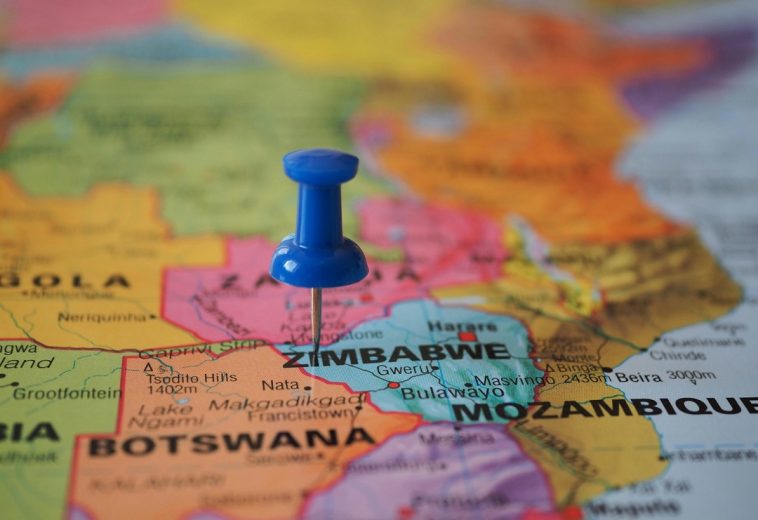The financial landscape in Africa is shaped by a select group of banks that not only possess robust financial foundations but also excel in cross-border operations and the adoption of cutting-edge technologies. As we examine the rankings for Africa’s Top 100 Banks in 2024, it’s clear that the largest institutions are not just sustaining their positions, they are innovating their way to the forefront of the continent’s economy.
Top Banks in the Rankings
The top banks featured in the 2024 rankings include:
Standard Bank Group (South Africa): $12.5 billion Tier 1 capital
National Bank of Egypt (Egypt): $7.5 billion Tier 1 capital
Attijariwafa Bank (Morocco): $6 billion Tier 1 capital
Absa Bank (South Africa): $5 billion Tier 1 capital
Banque Centrale Populaire (Morocco): $5 billion Tier 1 capital
READ ALSO: Paul Russo Recognized for Exceptional Leadership in African Banking
Other notable institutions include Banque Misr (Egypt, $5 billion), FirstRand (South Africa, $5 billion), Nedbank (South Africa, $5 billion), Banque Extérieure d’Algérie (Algeria, $3 billion), and Bank of Africa – BMCE Group (Morocco, $3 billion).
Standard Bank Group
South Africa’s Standard Bank Group continues to assert its dominance as Africa’s leading bank, a position it has consistently held over the years. In the latest rankings, Standard Bank reported a net profit of $2.7 billion, marking an 18% increase from the previous year. This performance is a testament to its strong operational framework and efficient management, reinforcing its pivotal role in the continent’s financial ecosystem.
With Tier 1 capital of $12.5 billion, Standard Bank not only leads but maintains a comfortable margin over its closest competitor, the National Bank of Egypt. This capital strength enables it to support critical lending activities and maintain a resilient balance sheet—an essential asset for navigating Africa’s dynamic economic landscape.
National Bank of Egypt
The National Bank of Egypt remains in second position in this year’s rankings, a notable achievement marking its fourth consecutive year in this slot. With Tier 1 capital of $7.5 billion, the bank demonstrates a robust operational model that supports its expansive customer base while promoting economic development within Egypt. Although the gap between it and Standard Bank has narrowed, the National Bank continues to underscore its strength in local market operations, reaffirming its status as a cornerstone of the region’s financial system.
Attijariwafa Bank
Morocco’s Attijariwafa Bank has made remarkable strides, climbing three places to secure third in the rankings. The bank’s move to increase its Tier 1 capital by 12% to reach $6 billion reflects a strategic focus on bolstering financial stability. This growth not only signals confidence in its leadership but also positions the bank to expand its presence across both domestic and international markets.
The Broader Landscape: Challenges and Opportunities
While the leading banks demonstrate resilience, many institutions across Africa continue to grapple with financial headwinds. The depreciation of the Nigerian naira against the US dollar, for instance, has eroded the financial strength of several Nigerian banks. FBN Holdings (First Bank of Nigeria), ranked 15th with Tier 1 capital of $1.9 billion, has experienced a decline in its standing, highlighting the volatility inherent in currency fluctuations. Access Bank and Zenith Bank follow closely behind, each navigating the complexities of Nigeria’s shifting economic environment.
As Africa’s financial ecosystem continues to evolve, its leading banks remain instrumental in driving stability, innovation and growth. Their technological advancements and cross-border capabilities not only reinforce their current positions but also signal a promising trajectory for the banking sector across the continent. With strong financial indicators and forward-looking strategies, these banks are well-placed to contribute significantly to Africa’s economic development, securing their role as key players in the region for years to come.




